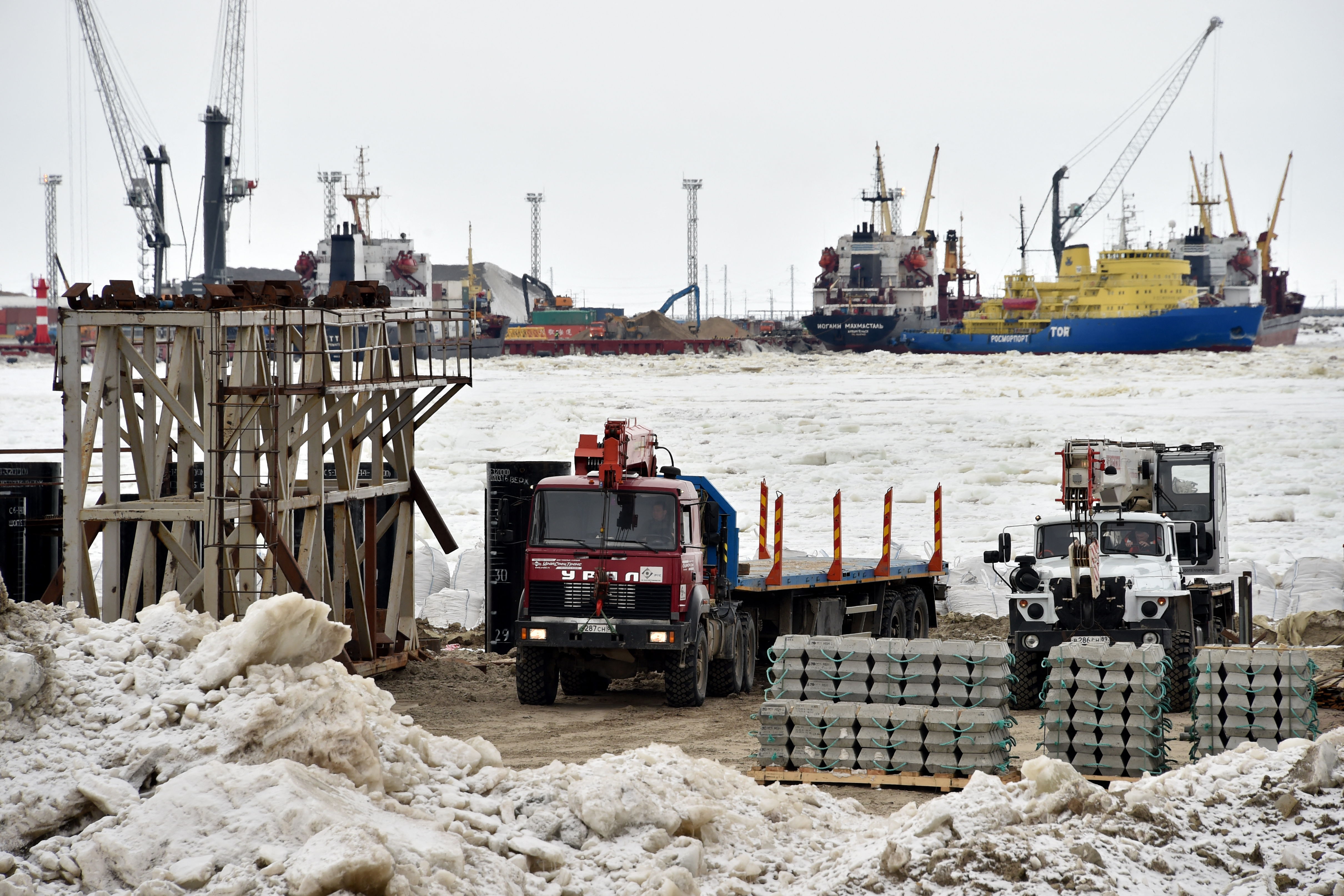DEME claims evidence in Russian bribery case was 'illegally obtained'

Dredging giant DEME is on trial in Belgium for bribery and fraud concerning dredging work at the Russian port of Sabetta. During the opening hearing, DEME's defence team claimed that some of the evidence against the company was "illegally obtained".
The company appeared before the criminal court in Ghent on Wednesday for allegedly paying more than 8 million euros in bribes to secure a Russian dredging contract.
The investigation was launched following a complaint by competitor Jan De Nul. DEME has in turn filed a complaint against Jan De Nul for illegally obtaining emails used as evidence of the bribery, lawyer John Maes told the court on Wednesday.
Shell companies
The case concerns dredging work at the port of Sabetta between 2014 and 2017. The Russian ministry of Transport awarded the project to the Russian construction group USK Most, which announced a tender to subcontract the dredging work in 2013.
Both DEME and Jan De Nul bid for the contract and DEME won it through its Russian joint venture Mordraga. Jan De Nul suspected a conflict of interest and filed a criminal complaint in 2016.
Investigators said that DEME's CEO at the time was directly involved in the criminal activity
Former DEME employee Sofia M-N was the key figure in the case, the court said on Wednesday. The investigation found that M-N, who had set up her own consulting company, received 4,188,000 euros in bribes through DEME-linked shell companies in Cyprus and Panama.
An employee of USK Most received the same amount in bribes. Both individuals allegedly arranged for the contract to be awarded to DEME through fraud and bribery.
Investigators said that DEME's CEO at the time, Alain Bernard, and three other people within the company were directly involved in the criminal activity.
'Illegally obtained evidence'
Surfaced FBI search warrants had previously shed light on the bribery affair. Belgium called in the FBI in 2018 to investigate the email addresses of suspects.
DEME's defence opened on Wednesday with a procedural objection to the evidence. "The emails are the elephant in the room," Maes said. "They were brought in by the civil party De Nul, in their words by a 'favourable wind'."
"They are illegally obtained evidence," Maes said. "Bringing in the FBI was simply a request to turn them into legally obtained evidence, to launder them."
DEME already filed a complaint against Jan De Nul over the matter in 2021, Maes confirmed on Wednesday. "The complaint is still pending, but it is in the final stages," he said.
The Ghent court said it would rule on the evidence alongside the case's merits but was currently unable to because it had not yet managed to read a USB stick and a hard drive containing data from the case.
The case will resume on 15 November, when it should become clear whether the two devices can still be read. Actual pleadings in the case are not due until 2024.
#FlandersNewsService | The construction site of the Russian port of Sabetta in 2016 © PHOTO KIRILL KUDRYAVTSEV / AFP
Related news
